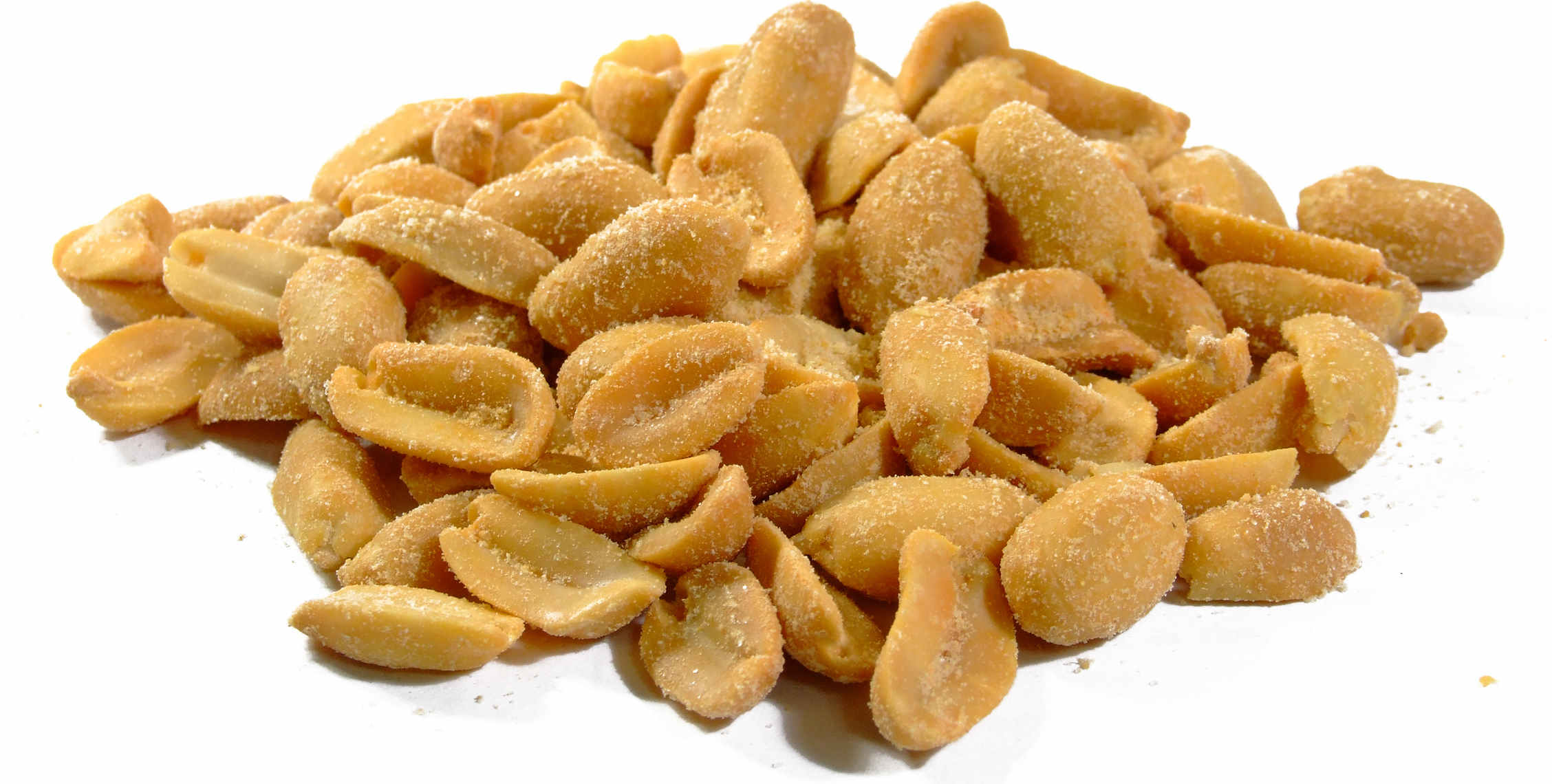
New Research into Peanut Allergy
Peanut allergy research at Johns Hopkins medical school has found a genetic link to the allergy. Twenty percent of people with peanut allergy had a genetic mutation causing the condition. In an interview on ABC radio, professor Mimi Tang of the Royal Melbourne Hospital and the Murdoch Children’s Research Institute said "…..they did find that not everybody with this association actually developed food allergy or peanut allergy, suggesting that environmental factors could be modifying the expression of risk."
Hope of Control
This is exciting news for many who are allergic to peanuts . It is says that there are things that people with peanut allergy may have control over rather than being controlled by the condition and hoping to control it by avoiding peanuts. When asked about these environmental factors that could minimise allergies Prof. Tang mentions "gut micro-biota", in other words your gut bugs or intestinal flora. She says that these bugs are very important in early immunity function and could be influenced by the environment. Professor Tang also mentions UV exposure and Vitamin D as possible factors effecting the development of the immune system. Recent Australian research in which Professor Tang was involved, showed that the introduction of small amounts of peanuts combined with probiotics could de-sensitise children to peanuts. American experiments exposing very young children to small amounts of peanuts showed that the number of children with peanut allergy could be reduced. Here is a short video explaining the results
Ancient Wisdom for Modern Allergies
In Chinese Medicine the body is seen as a system in which everything is interconnected and all parts influence each other. This perspective of the body as a whole system has been understood for many centuries. Modern research is coming round to this view. Over centuries CM has developed and trialled countless herbal formulas for the treatment of a vast array of conditions. These formulas translate easily in to the treatment of modern conditions because they are designed to treat a condition within the whole body system, rather than as an isolated condition.
How Can Chinese Herbal Medicine Help?
Where does Chinese medicine (CM) fit in this story and what can it do ? Chinese herbal medicine does a great job at strengthening the digestive system and supporting healthy intestinal flora. From a Chinese medicine point of view most, if not all of the symptoms of peanut allergy, are to do with either the lungs or the large intestine. These organs are connected in CM. The skin is ruled by the lungs in CM which explains some of the skin conditions associated with peanut allergy. The people who most commonly suffer from peanut allergy are children. Caring for a young child’s diet and gut flora is important in the treatment of peanut allergy. CM says that a child’s digestive system is not fully developed until the age of seven. Children naturally prefer bland food which is often recommended for those with a weak digestive system. Chinese Herbal Medicine can offer herbal formulas which improve the strength of the digestive and immune systems to minimise the effects of the allergy.